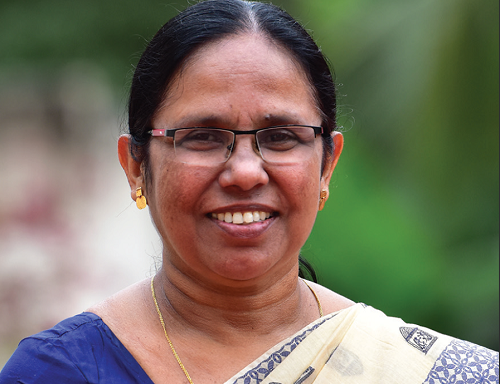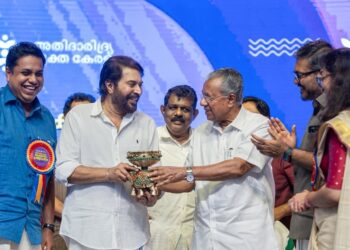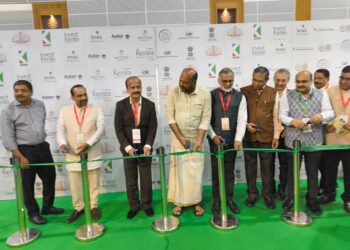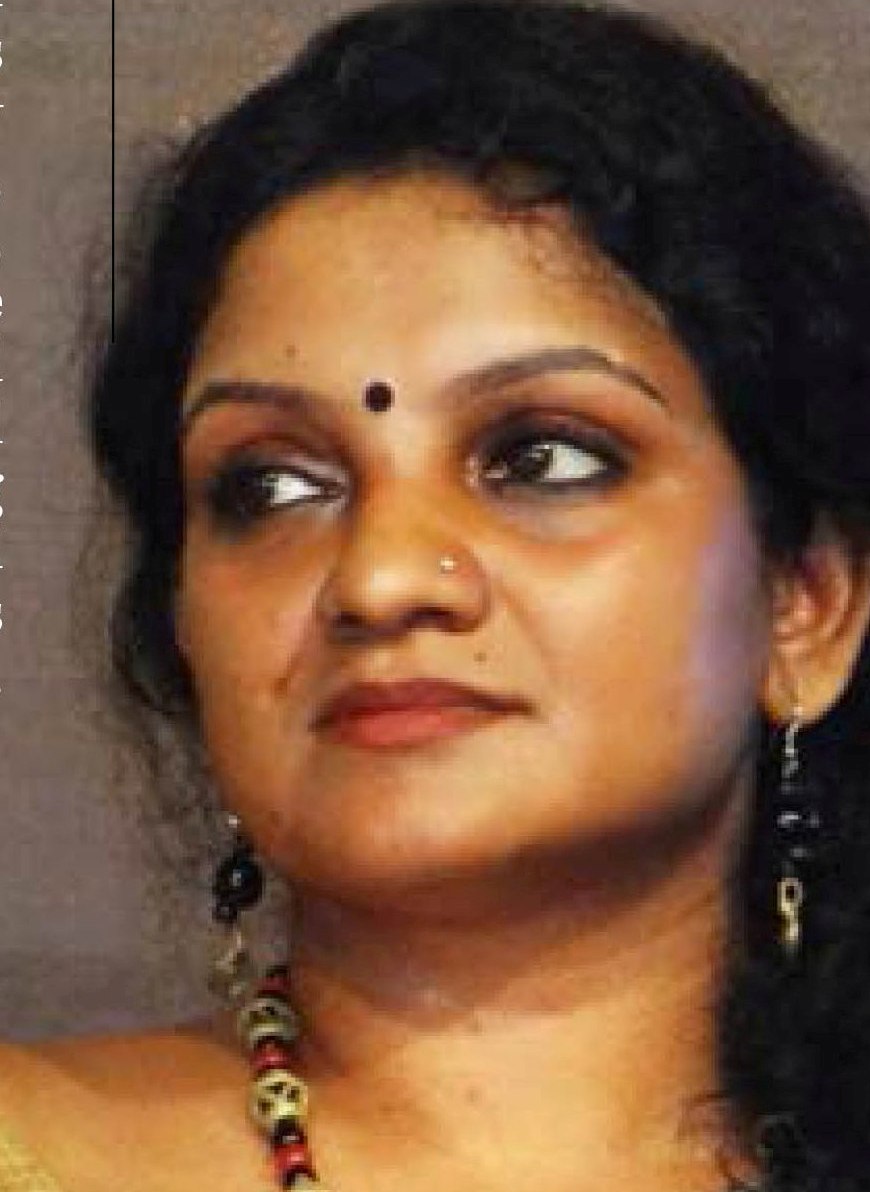Even as nations across the globe are up in arms over the possible outbreak of Novel coronavirus or COVID 19 and markets are feeling the heat of the virus, there is a state in India that has successfully battled the virus. And all the credit for that goes to a former high school chemistry teacher and three-time lawmaker.
On January 30, the first positive case of nCoV in the country was reported from Kerala. The positive case was confirmed in a medical student who was in isolation at Thrissur general hospital. Late that night, Ms. K.K. Shailaja, Minister for Health, Social Justice and Woman and Child Development, held a meeting with her officials on ground zero.
As soon as the Union Health Ministry issued an alert against nCoV on January 17, Kerala’s health department began surveillance measures. The state government drew up on the lessons it learnt while dealing with the Nipah virus outbreak.
The next day, the department commenced its nCov preventive and control measures with alert being sent to District Medical Offices to be on the lookout for symptomatic persons.
For Ms. Shailaja, containing the nCoV is just another challenge in her current stint as health minister. She had the experience of marshalling her troops during the floods and the Nipah virus outbreak which had struck the state twice, in 2018 and 2019.
According to officials at the health department, the minister is leading from the front by holding assessment meetings on a day-to-day basis.
The Minister oversees each and every aspect, from surveillance to early detection, isolation and case management, contact tracing and prevention of onward spread.
This move bore results as the three cases which turned out to be positive were in people who were quarantined by the health department as soon as it came to know about their arrival from Wuhan in China, the epicentre of the outbreak.
Officials vouch that the professional approach taken by the health department in times of health emergencies like Nipah and nCoV is because of the hands on approach of the health minister.
Ms. Shailaja, during one of her daily press briefings, said that there was no need to panic as the state’s surveillance protocol was one of the best.
The state had put in place a three-pronged strategy for nCoV containment — ensuring the health of those who had returned from Wuhan, ensuring zero nCoV death and ensuring non-outbreak of nCoV among the public.
The major contributing factor that officials in her team suggested was the fact that she was a science teacher at Sivapuram High School in Kannur. This science background helped her understand the complexities and terminologies involved in viral outbreaks better. Also, she gives a patient hearing to experts in the field.
The minister was also aware of the mental condition of those under home and hospital quarantine due to nCoV are suffering from stress, anxiety and stigma.
The health department provided them with psychological support under the mental health programme. For this, 191 counsellors have been employed and to date, they have provided counselling to 1,043 people.
For many in the state, Shailaja Teacher, as she is popularly known, has become a source of strength and solace. Ms. Ammu Sreekumar, Senior Consultant, Altran in Shanghai, who was home-quarantined in Kerala soon after she returned home owing to the virus outbreak in China and the consequent scarcity of day-to-day essentials in the supermarket shelves in the city she lives in, said: “I appreciate the way our health department handled this crisis. Each day, we get calls from the mental health team, and others, checking if we are alright. The government is taking a lot of efforts that makes us feel that we are cared for.”
The minister also stepped in to address the ‘infodemic’ phenomenon that accompanies any public health emergency.
Infodemic refers to the overabundance of information – some accurate and some not – that is circulated on social media. Other than initiating legal action against rumour-mongers, the health department also started to provide accurate information regarding nCov to bust the myths.
The state had put 2,421 people who arrived from nCoV notified places under isolation. Of them, 2,321 are in home isolation and 100 are in hospital isolation.
Ms. Preeti Sudan, Union health secretary, while praising the nCoV surveillance protocol of Kerala, asked other states and union territories to follow suit.
On February 28, the minister said that Kerala has been successful in containing the spread of coronavirus.
All three medical students, who had returned together from the outbreak epicentre of Wuhan in China, were treated within the highly-equipped isolation wards at government hospitals in Kasaragod, Thrissur and Alappuzha districts.
“The three students who were found to be corona-positive were isolated, now they are stable. They have been cured,” Mrs. Shailaja Teacher had said.
In mid-February, when the editorial team of this magazine met the minister at her residence, Mrs. Shailaja expressed relief in being able to trace the three patients early and having kept them in isolation.
“We have succeeded in the first part which is containing the virus. Three students who were found to be corona-positive were isolated, now they are stable. They were cured. From contact tracing to isolation and treatment, we have done everything in a systematic manner,” the minister later said at a press briefing.
“Even we wanted to declare that the corona fear is over, but we cannot do that. A total of 3,500 people were in quarantine. When they completed 28 days of quarantine, we released them from home quarantine. Now 135 people are under home quarantine”, she said. The Minister also reiterated that the government has decided to strengthen precautions after the WHO report that corona is spreading to more countries.
Mrs. Shailaja said: “We are monitoring passengers from other countries for possible symptoms. One person from Malaysia came to Ernakulam airport. He had symptoms like sore throat, fever. We can’t say that it is coronavirus but we have kept the person in the isolation ward. Samples were sent to the Virology Institute. I think his result will come tomorrow.”
The state health minister also stated that a total of 3,500 people had been quarantined in Kerala and that they were released after completing 28 days of quarantine. “At least 135 people are still under home quarantine,” she said.















